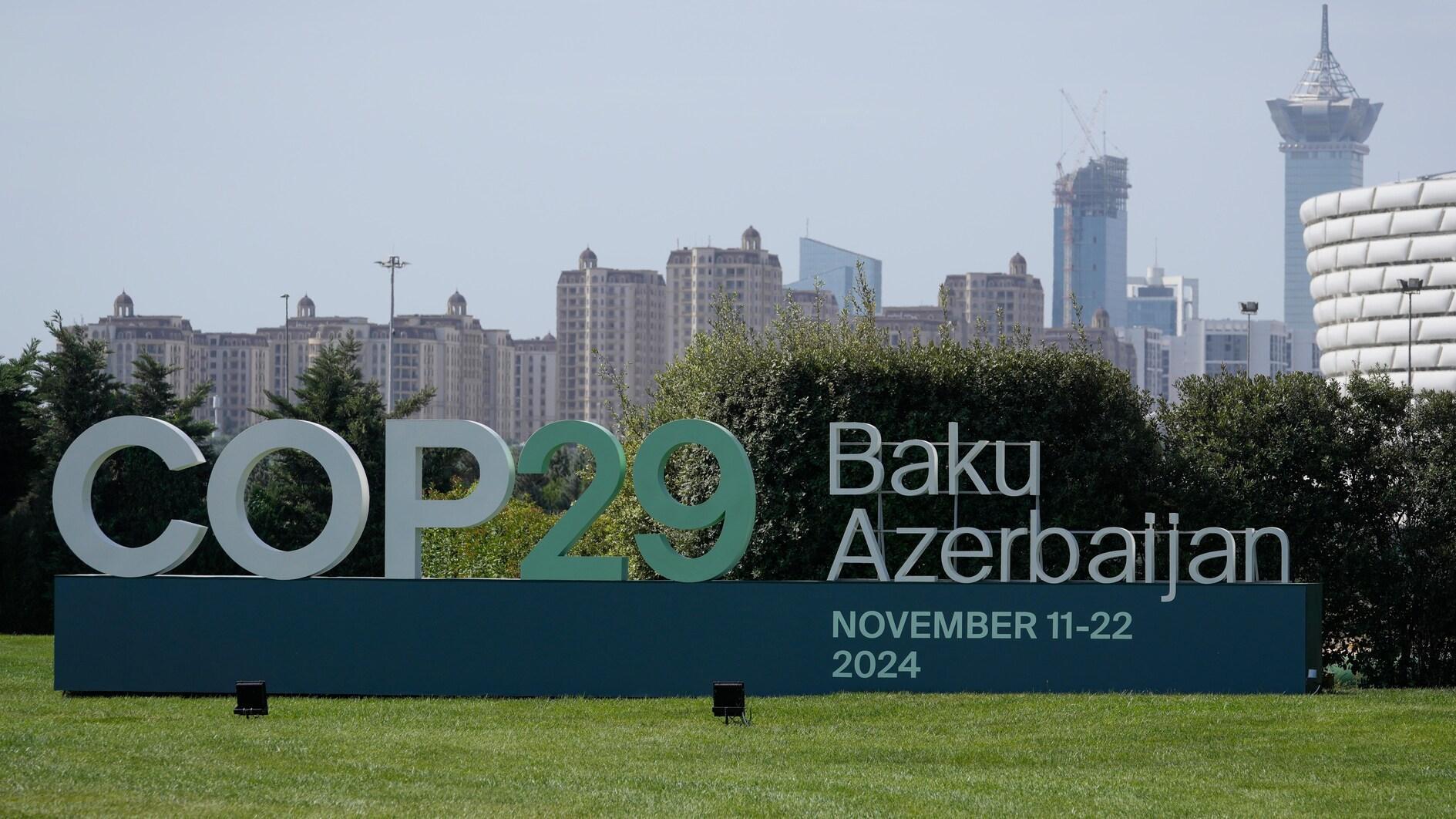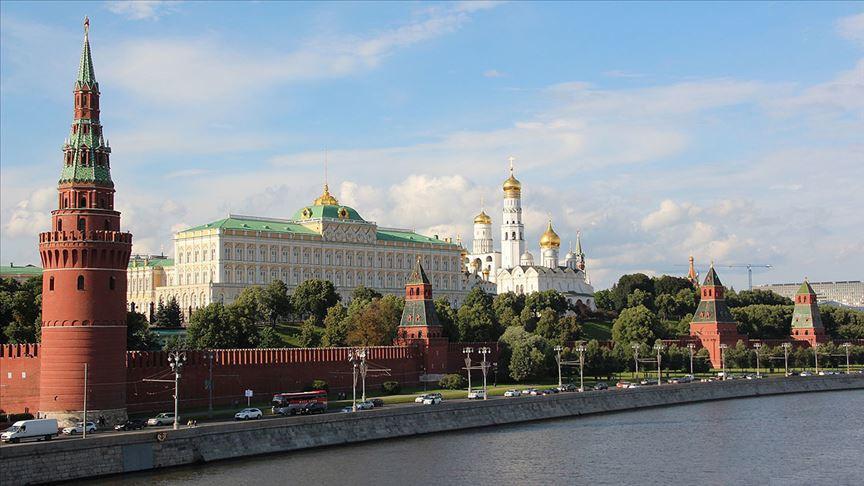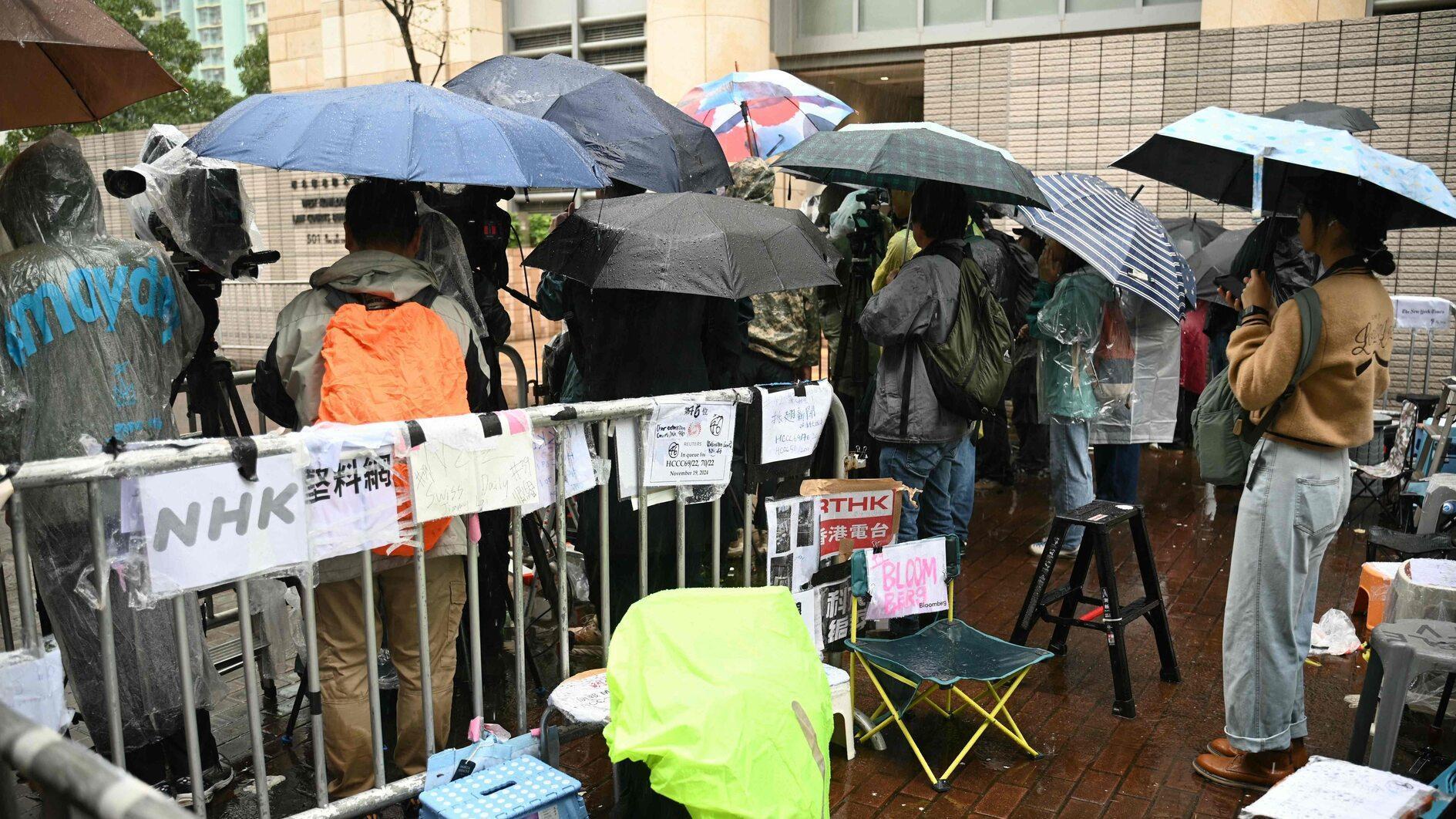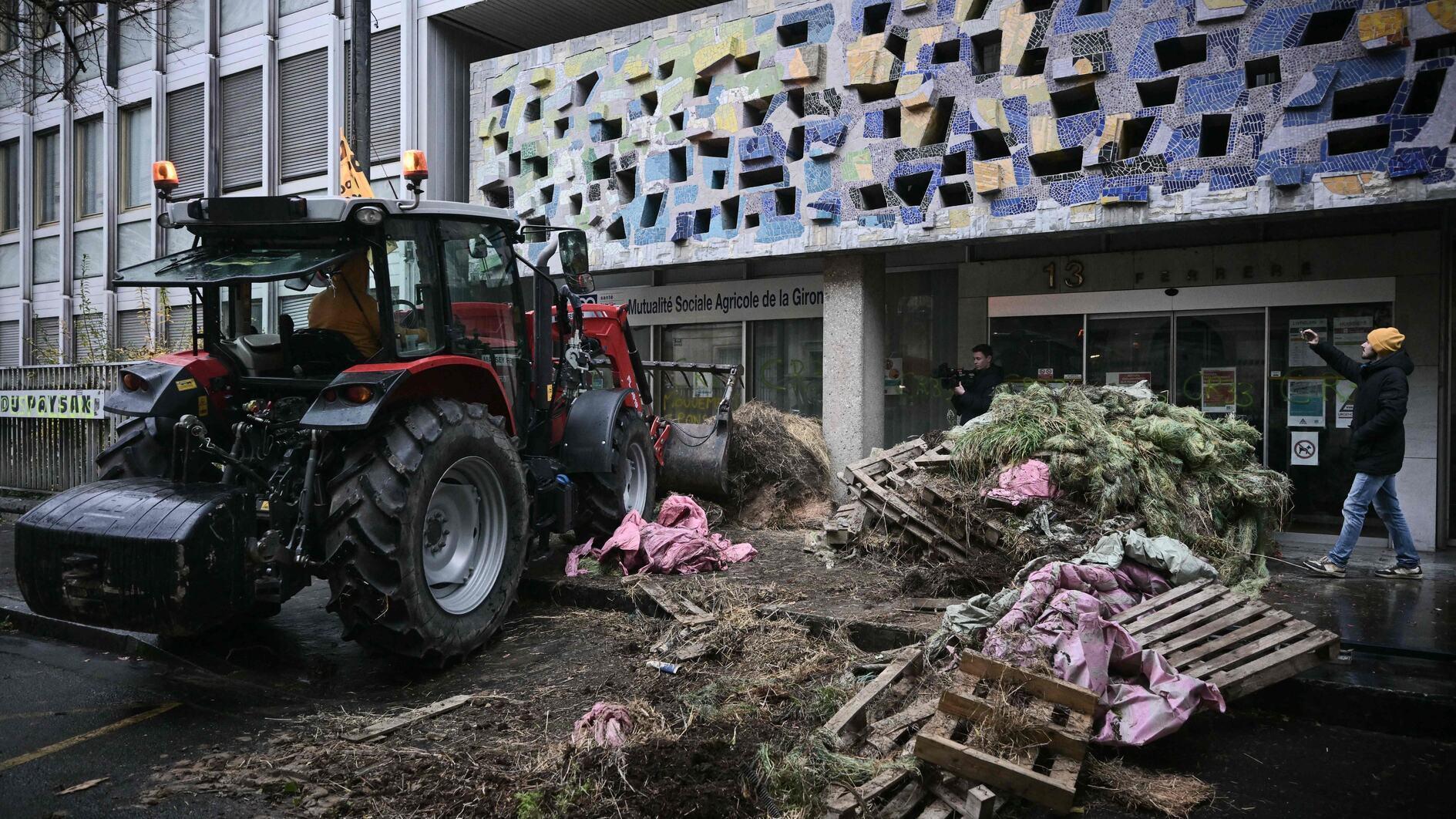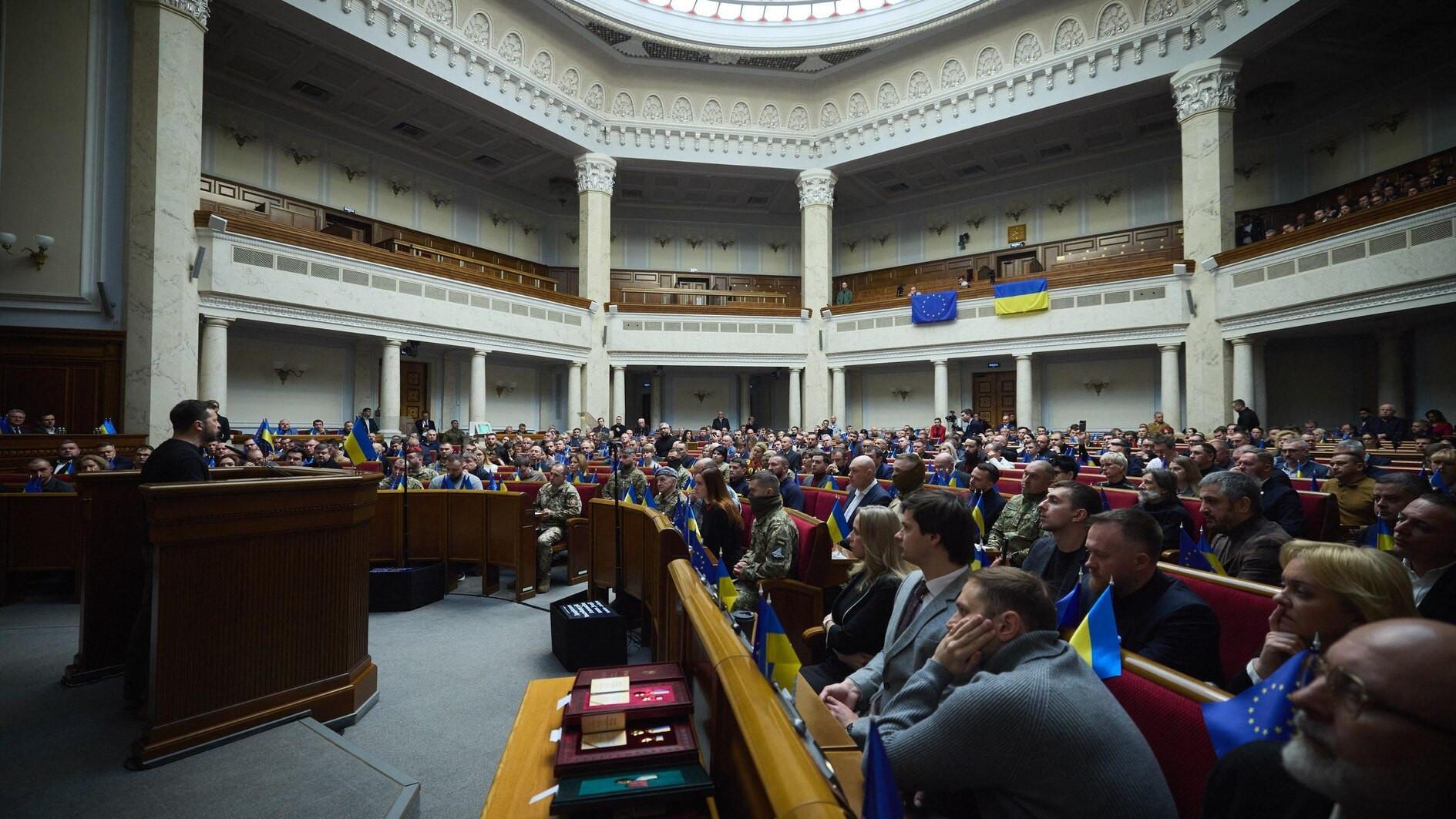Turkey convenes top security board after Ankara-Athens deal for talks
ANKARA
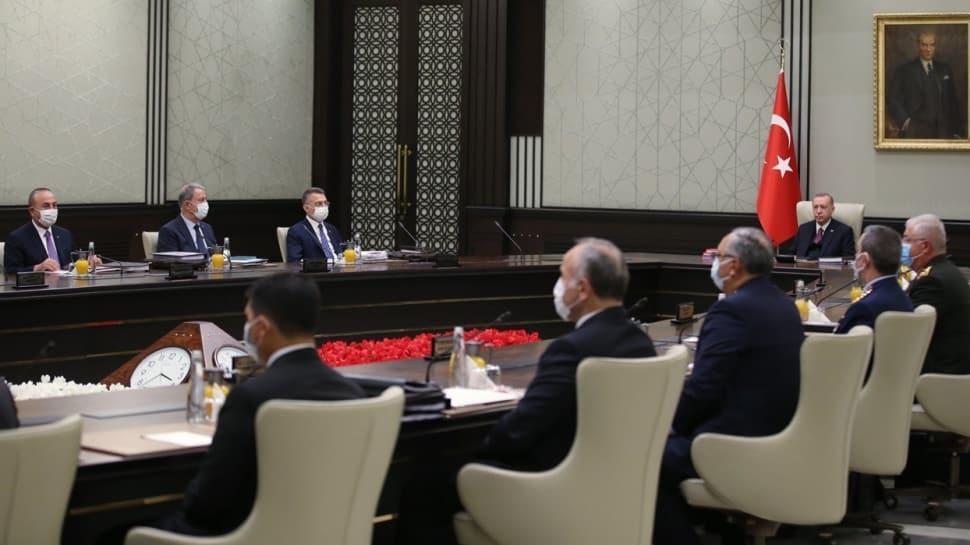
Turkey convened a National Security Council meeting on Sept. 24 with developments in the eastern Mediterranean to top the agenda following Ankara and Athens’ announcement for the resumption of exploratory talks after four years.
Turkey and fellow NATO member Greece are at loggerheads over energy search in disputed waters after Ankara stepped up hydrocarbon research activities in the sea. But they have expressed readiness to resume talks stalled since 2016 after the EU heavyweight Germany’s mediation to defuse a crisis.
Turkey keeps a prudent and calm attitude despite Greece’s provocations and rising tension in the region, President Recep Tayyip Erdoğan said on Sept. 23 during a phone conversation with NATO Secretary-General Jens Stoltenberg in which they discussed the situation in the eastern Mediterranean and the relationship between Turkey and NATO.
Erdoğan said the course of exploratory talks would depend on the sincere steps to be taken by Greece in an effort to ease the tension, according to the presidency. Underlining that Turkey has made clear not only rhetorically, but by its actions as well, Erdogan said Turkey is in favor of dialogue and reducing tensions in the eastern Mediterranean.
Speaking about the conversation, Stoltenberg mentioned in a tweet, “Spoke with President @RTErdogan about the situation in the #EastMed and the ongoing efforts @NATO for military de-confliction to avoid incidents & accidents.”
“Both Turkey and Greece are valued Allies and #NATO is a platform for dialogue,” he added.
In a separate telephone call with European Commission President Ursula von der Leyen on Sept. 23, Erdoğan affirmed his government’s readiness to resume talks with Greece, and his support for a negotiated end to the dispute.
According to a statement from the presidential office, he also expressed his hope that “Greece would not waste this opportunity afforded to diplomacy as it did previously.”
He went on to say that steps towards renewing the 2016 migration deal between Ankara and Brussels, as well as updating the customs union between them and ensuring visa liberalization for Turkish nationals traveling to EU countries would help improve bilateral ties.
Turkey has been angry after Greece signed a maritime boundary agreement with Egypt in the summer, while Turkish and Greek delegations were holding talks to de-escalate tensions.
Von der Leyen praised the “very useful exchange” with the Turkish president. “I welcome the planned launch of talks with Greece, which are essential for stability in the eastern Mediterranean and a constructive relationship with the EU,” she tweeted.
Greece said on Sept. 24 that no date has yet been set for resuming exploratory talks with Turkey over contested maritime claims in the eastern Mediterranean.
NATO allies Greece and Turkey disagree over a range of issues, including where their continental shelves extend. After a four-year hiatus following weeks of tensions that culminated in a collision between their warships, the two countries have agreed to restart exploratory talks.
“Right now we do not have a date,” Greek government Spokesman Stelios Petsas told reporters. “We are moving towards there relatively soon.”
Turkey has also not confirmed the date for the resumption of the talks, but a senior official has said they could begin by the end of the month. Greece has said that the talks will resume in Istanbul.
The talks, which broke off in 2016 after 60 rounds, made little progress in resolving outstanding differences over 14 years. Petsas said that the talks will be regarding the demarcating maritime zones, an exclusive economic zone and the continental shelf.


